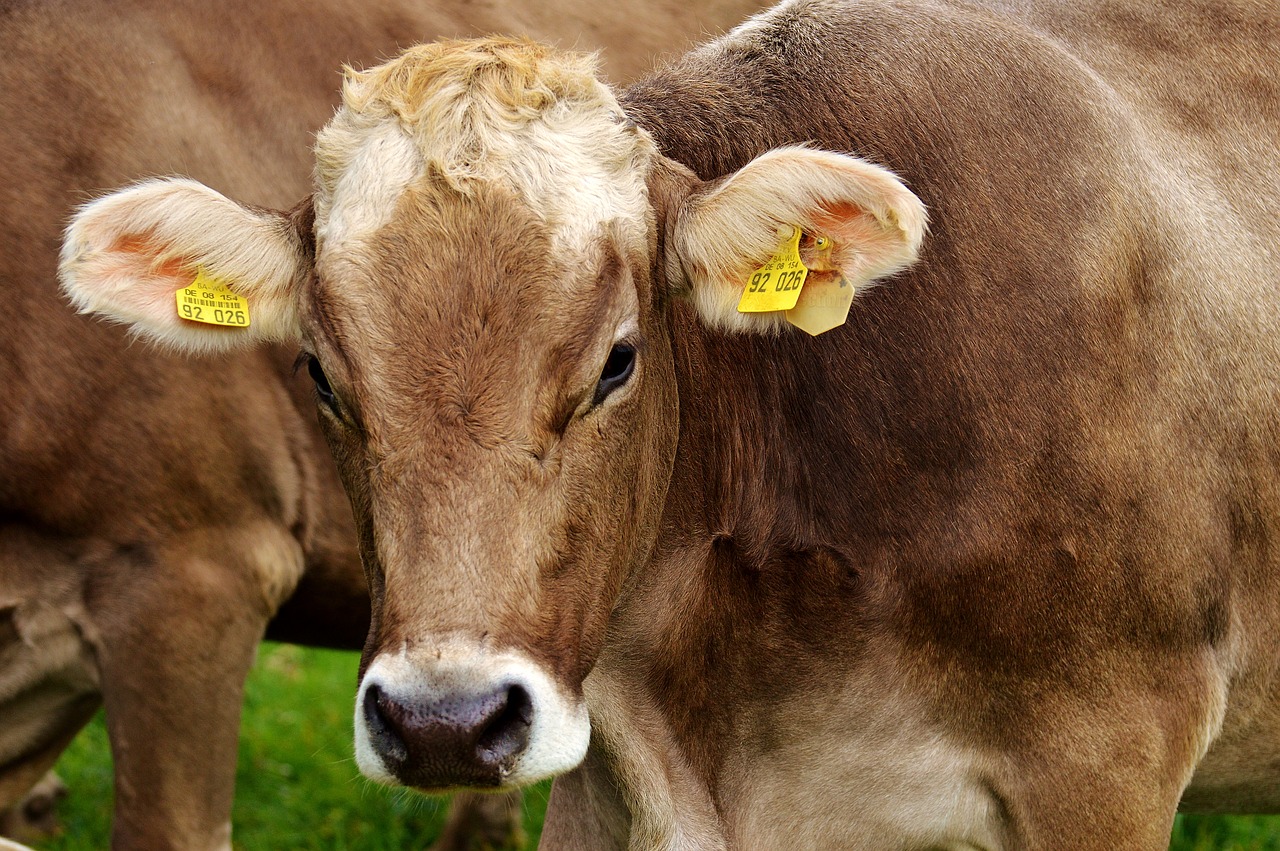The cattle and beef industry has not acted on most of the recommendations made by the ACCC in 2017 to improve the transparency and efficiency of Australian cattle markets, according to a review released today by the ACCC.
The ACCC’s cattle and beef market study, released in March 2017, made 15 recommendations to address concerns about transparency in cattle and beef markets. The recommended reforms included expanded reporting of prices for non-auction sales, greater transparency of processors price offers, simplification of pricing grids, and measures to increase transparency in saleyard auctions.
“The ACCC’s recommendations proposed meaningful improvements to transparency in cattle and beef markets, but little progress has been made toward most of these. There have been some improvements to market reporting and producer education activities, but the level of action is disappointing overall,” ACCC Commissioner Mick Keogh said.
The ACCC found that Meat and Livestock Australia has improved its market reporting systems, but further improvements have been restricted by the unwillingness of processors and other major cattle buyers to provide market information.
“Around 90 per cent of processor cattle transactions are direct purchases from farmers but the prices of these transactions are not reported. We see this as a serious risk to the efficiency of the industry,” Mr Keogh said.
“Inaction suggests that either industry participants do not understand the value of transparency, or it does not suit the interests of those who are in a position to make improvements.”
In its 2017 report, the ACCC had tasked the Red Meat Advisory Council (RMAC) with overseeing the implementation of the reforms. However, RMAC has been reluctant to carry out this role.
“Given the RMAC’s reluctance to engage with the recommendations during the past twelve months, we no longer believe it should have this leadership role,” Mr Keogh said.
“We will instead engage with Commonwealth and state governments through the Agriculture Ministers’ Forum to push for implementation of the recommendations.”


